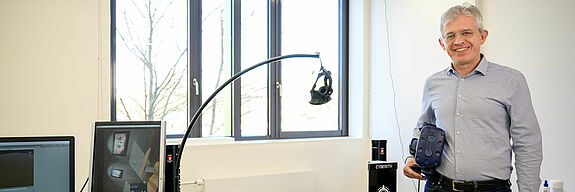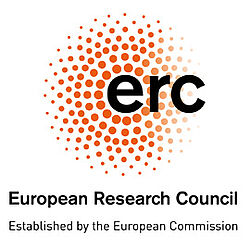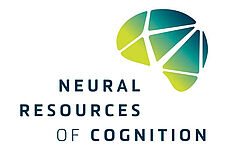Areas of investigation/research focus
The research of the Aging and Cognition Group pursues three overall aims. Firstly, we characterize neural mechanisms underlying cognitive decline in typical and atypical aging. A central focus of our work are changes in spatial navigation, a function of critical importance for everyday life that recruits (sub-)cortical structures particularly sensitive to age-related structural and functional change. In addition, we study generic mechanisms of age-related change that are likely to contribute to a variety of cognitive deficits in old age and early dementia.
Secondly, we develop neurobiologically inspired behavioral interventions to counteract changes in neural information processing in the aging brain. This work targets specific neural processes (i.e. improving memory consolidation by promoting neural replay), aims to stimulate neural plasticity, or seeks to prevent / reverse cognitive decline by training novel cognitive strategies.
Finally, we develop theoretically motivated diagnostic tools to improve the assessment of cognitive dysfunction in healthy aging and preclinical stages of dementia. The long-term goal of this line of work is to establish validated tools that can (i) be used for standardized neuropsychological assessment in clinical settings and (ii) serve as cognitive endpoints in clinical studies.
To achieve these aims, the group employs a multipronged methodological approach encompassing interactive virtual reality, structural and functional neuroimaging, electrophysiology, and eye tracking. The group entertains multiple national and international cooperations that broaden the scope of our approach with computational modeling, human lesion studies and animal experiments.
- Understanding cognitive decline in old age and dementia. With fMRI and lesion studies, we have provided the first evidence for a decline of entorhinal grid cell signals in older adults, we have established head direction computations in the human thalamus and retrosplenial cortex, and we have demonstrated how healthy ageing leads to an abnormal pattern completion bias in the hippocampus. Importantly, abnormal pattern completion can potentially explain recognition memory deficits across stimulus domains (verbal, visual etc.) and thus help to detect general memory deficits in clinical populations.
- Diagnostic tools to measure cognitive change. The experimental paradigms for grid cell functioning have been standardized to enable a quick and reliable assessment of grid cell integrity and path integration in clinical settings. Similarly, we have developed behavioral assessment tools for pattern completion and time perception. Finally, we have released a toolbox for grid cell analysis of fMRI data (www.nitrc.org/projects/gridcat), which allows for assessing the functional integrity of entorhinal cortex.
- Interventions to improve cognitive functioning. We have developed a neurobiologically inspired behavioral intervention to enhance memory consolidation. Specifically, we have demonstrated that (i) a brief period of post-learning minimal sensory stimulation can enhance spatial memory for up to seven days, and (ii) that it also enables novel inferences, a key feature of successful memory integration. This benefit is also present in older adults, demonstrating its suitability for counteracting memory decline in old age.



